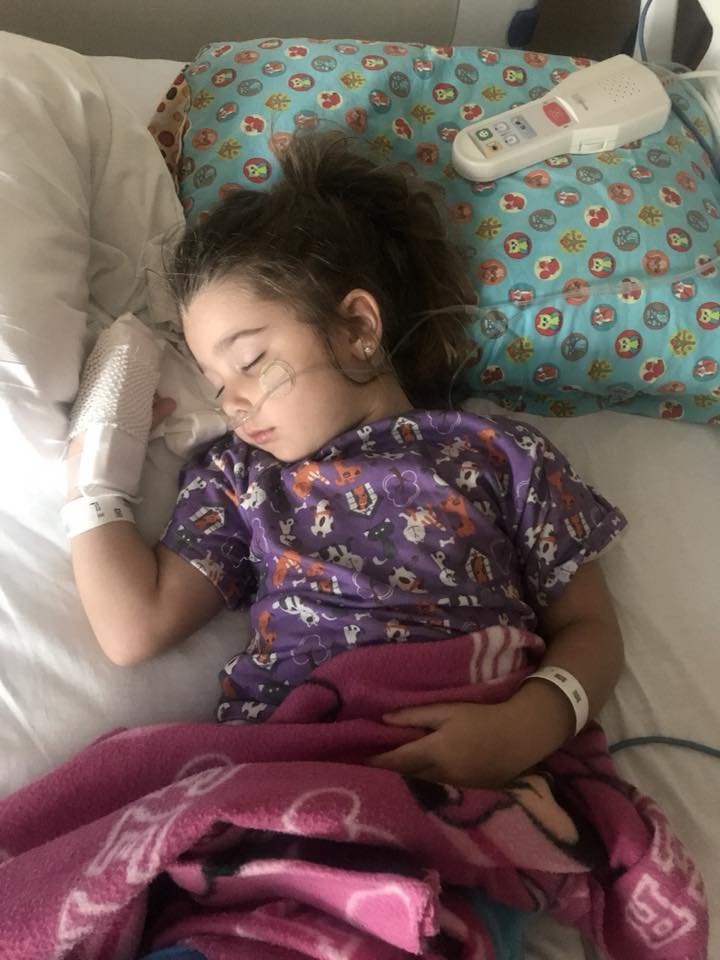Infants health
All what you need to know about Reflux in Babies

Why do some babies vomit a lot? What does it mean?
Reflux means that the milk your baby has swallowed comes back up into his food pipe the “Esophagus”. Your baby's stomach contains acid that helps him break down his milk. This mixture of milk and acid can come up and may make your baby feel uncomfortable.
It is common as around 40% of babies get it, with 5% of these having six or more episodes a day. Reflux is a temporary problem that usually gets better as your baby's digestive system matures.
However, a small percentage of babies have severe or persistent reflux “Gastro-Esophageal Reflux Disease (GERD)”.
How can it be diagnosed?
-
Blood and urine tests can help rule out but cannot diagnose possible causes of recurring vomiting and poor weight gain.
-
Esophageal pH monitoring is a test that measures the acidity in your baby’s esophagus to diagnose reflux, where the doctor inserts a thin tube through the baby's nose or mouth and into the esophagus to check acidity.
What can you do?
-
Make each feeding as calm, quiet, and leisurely as you can.
-
Avoid interruptions, sudden noises, bright lights, and other distractions during feedings.
-
Burp your bottle-fed baby at least every three to five minutes during feedings.
-
Avoid feeding while your infant is lying down.
-
Hold the baby in an upright position for 20 to 30 minutes after each feeding.
-
Do not play vigorously with the baby immediately after feeding.
-
Try to feed the baby before he/she gets frantically hungry.
-
For bottle-fed babies, make sure that the hole in the nipple is neither too big (which lets the formula flow too fast) nor too small (which frustrates your baby and causes him/her to gulp air). If the hole is the proper size, a few drops should come out when you invert the bottle, and then stop.
-
Elevate the head of the entire crib with blocks (do not use a pillow) and put the baby to sleep on his/her back. This keeps the head higher than the stomach and prevents the baby from choking in case he/she spits up while sleeping.
What about medications?
Reflux medications aren't recommended for children with uncomplicated reflux. These medications can prevent absorption of calcium and iron and increase the risk of certain intestinal and respiratory infections.
However, a short-term trial of an acid-blocking medication — such as ranitidine for infants age 1 month to 1 year or omeprazole (Prilosec) for children age 1 year or older — might be recommended if your baby:
-
Has poor weight gain and more-conservative treatments haven't worked
-
Refuses to feed
-
Has evidence of an inflamed esophagus
-
Has chronic asthma and reflux
So, if you feel that your baby is vomiting a lot, refer to your baby’s doctor for check up and diagnosis.














